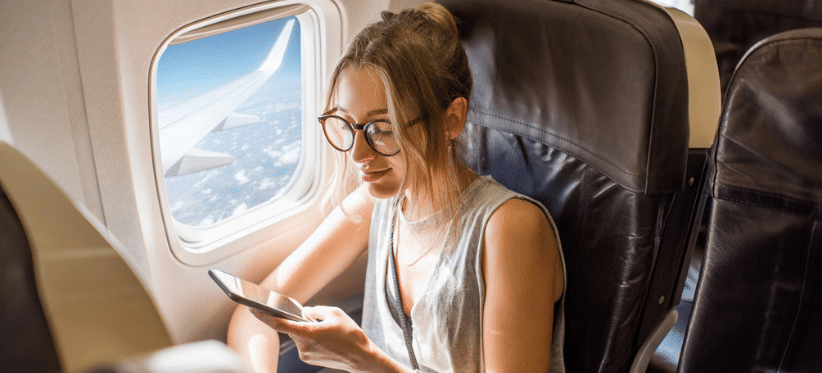2022 is shaping up to be an exciting year for the future of travel technology. From innovations in sustainability, to weather and security platforms, to digital vaccine passes and more, technology will continue to transform the aviation industry.
Here are five key travel technology headlines to watch as we head into the new year:
TechRepublic: New deal means United Airlines may be flying hydroelectric planes as early as 2028
In light of mounting climate concerns and consumer interest, airlines are increasingly considering the impact they have on the environment. Most recently, United Airlines has agreed to invest in ZeroAvia, a company that powers electric motors through hydrogen fuel cells. The investment will go into developing ZeroAvia’s ZA2000-RJ engine, a regional jet engine that the company hopes to commercialize by 2028.
The news builds off fresh momentum for the California and UK-based startup as it recently announced $35 million in new funding from investors including Alaska Airlines, Amazon, and Bill Gates, according to GeekWire. Fully electric aircrafts are likely a way off, but United CEO Scott Kirby believes hydrogen-electric fuel cells show the most promise for zero-emission air travel. While consumers will need to wait to board hydro-electric flights—especially transatlantic ones—those concerned about carbon emissions will be looking to see where they can reduce impact, underlining the importance of providing greener flight choices and emissions data.
PhocusWire: Weather tech shines as Sensible Weather raises $4M, Tomorrow.io plots SPAC IPO
Weather tech is having its moment in the aviation industry. Climate technology startup Sensible Weather recently announced $4 million in funding to help travel and hospitality companies navigate weather disruptions. The company’s first product, a Weather Guarantee service, offers automatic and even same-day reimbursement when weather events like rain, snow, or air quality impact travel plans. Consumers can purchase the protection when booking travel or events on Sensible Weather’s brand partners.
Tomorrow.io, a weather and climate security platform, has plans to go public through a special purpose acquisition company (SPAC). A JetBlue Technology Ventures portfolio company, Tomorrow.io is a SaaS business that uses machine learning to convert local forecasts into practical insights for the aviation industry and other “on-demand” businesses. As climate change continues to cause weather unpredictability, we expect to see the industry increasingly rely on technology to manage disruptions.
The New York Times: Your Face Is, or Will Be, Your Boarding Pass
Airports rapidly adapted to the challenges of COVID and are continuing to invest in technology that facilitates and automates the traveler experience. The latest and perhaps more controversial of these advancements is the use of biometric facial recognition.
Biometrics is currently used by some agencies and airlines to expedite checking bags, clearing security, and boarding flights, but the technology is gaining momentum. Partnering airports, airlines and biometric companies are testing facial recognition for both domestic and international flying for those without or in place of passports. Most of these programs remain opt-in, as privacy remains a concern. However, as facial recognition becomes more accepted and developed, we may see biometrics become the new standard in travel.
Simple Flying: How WestJet Is Cutting Data Load Times By 85%
WestJet’s partnership with Panasonic’s powered technology, ZeroTouch, was recently recognized for Best Inflight Connectivity Innovation at Airline Passenger Experience Association (APEX) and the International Flight Services Association (IFSA) EXPO.
Through connectivity, ZeroTouch enables software and other content to upload or offload onto the aircraft over the air without technician support. As ZeroTouch’s largest user, WestJet was able to reduce data loading times by 85%, allowing its employees to focus on other priorities such as on-time performance.
Travel Pulse: Digital Vaccine Passes Become Increasingly Important for Domestic Travel
While Omicron has yet to drive a major impact in airline capacity, more destinations are coming to terms with developing a digital framework through which they can control COVID’s spread. Bindle, a “purpose-built” software that acts as a wallet for personal health records, is working with hundreds of clients across 30 U.S. states. According to its CEO, the company has experienced “a 10x increase in inbound requests.”
The SMART Health Card has also emerged as trusted source for vaccine verification for state and provincial governments. One of the benefits that the SMART Health Card offers is its interoperability which enables different states’ verification platforms to work with each other as well as its inability for users to falsify their vaccine status. With our data showing a strong preference for vaccine passports, could we see these technologies expand into digital vaccine passports?


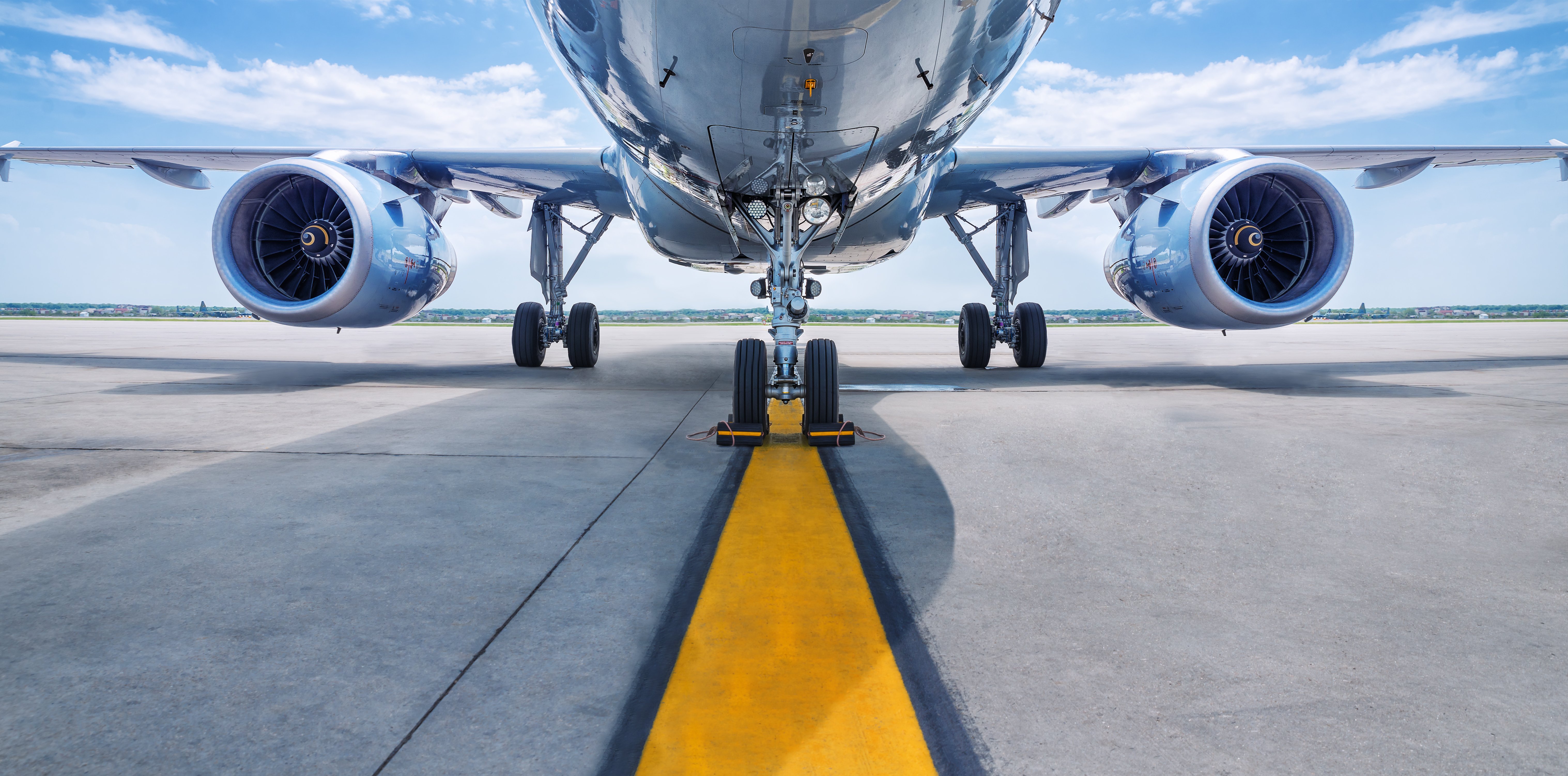

.jpg)

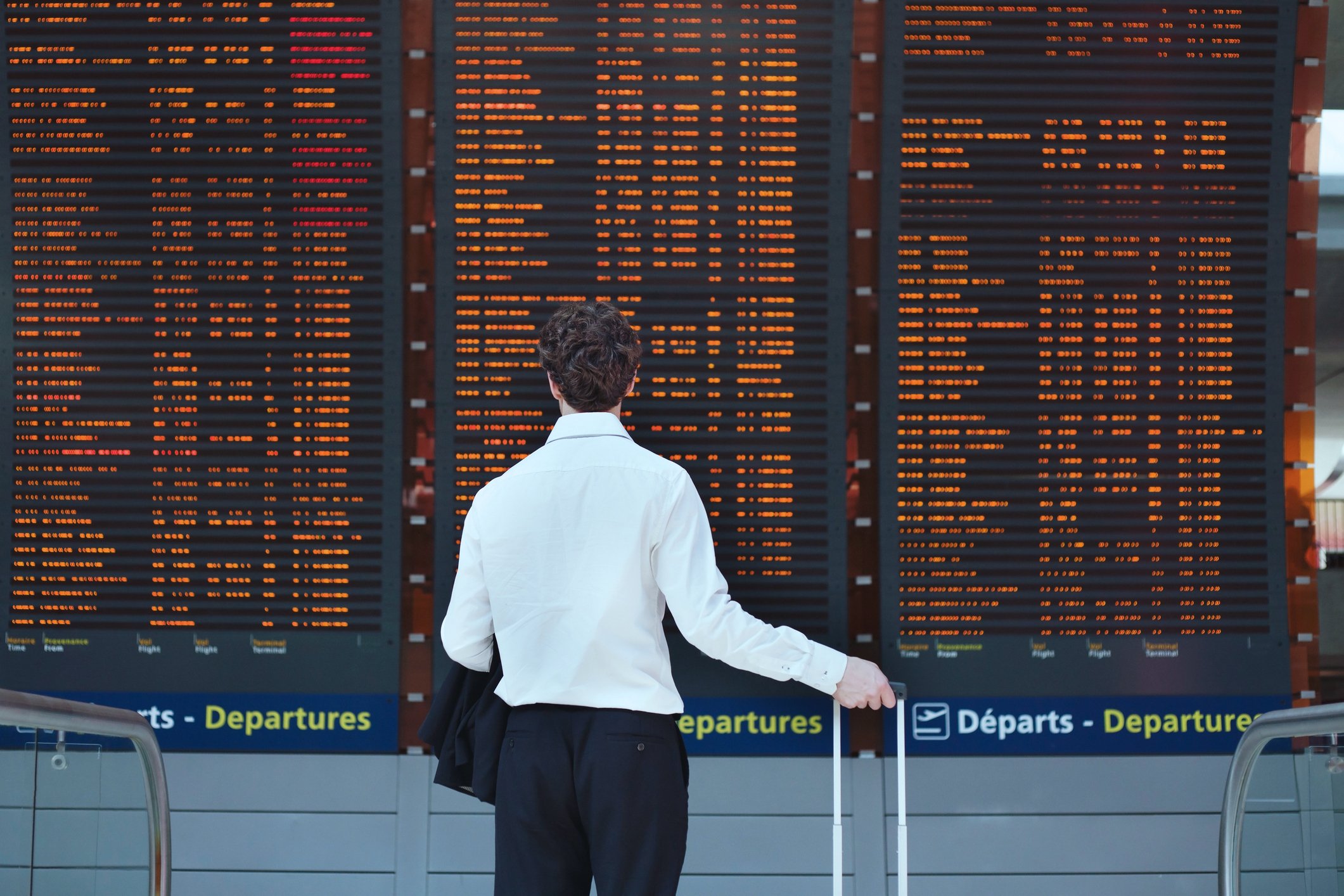

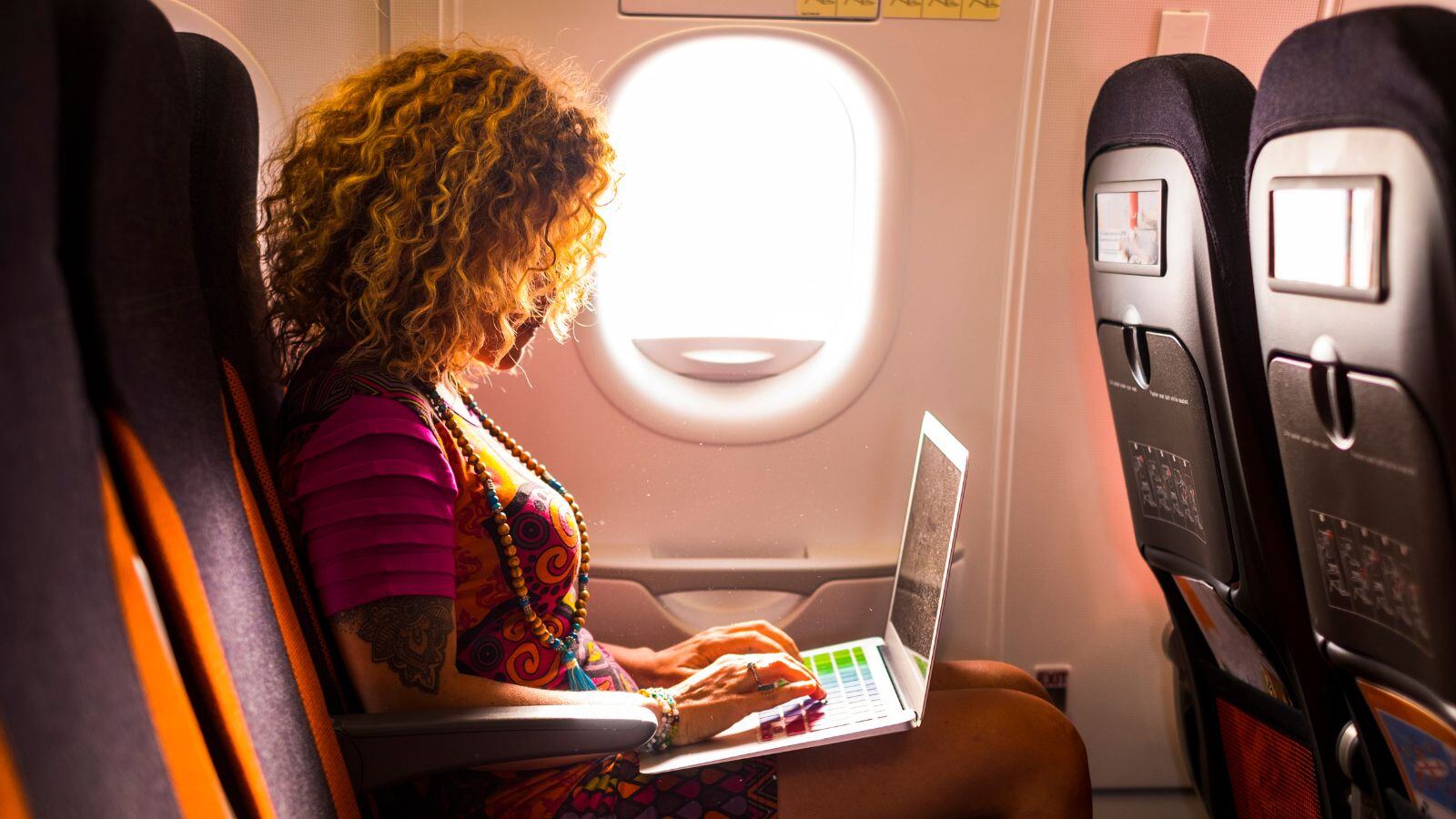
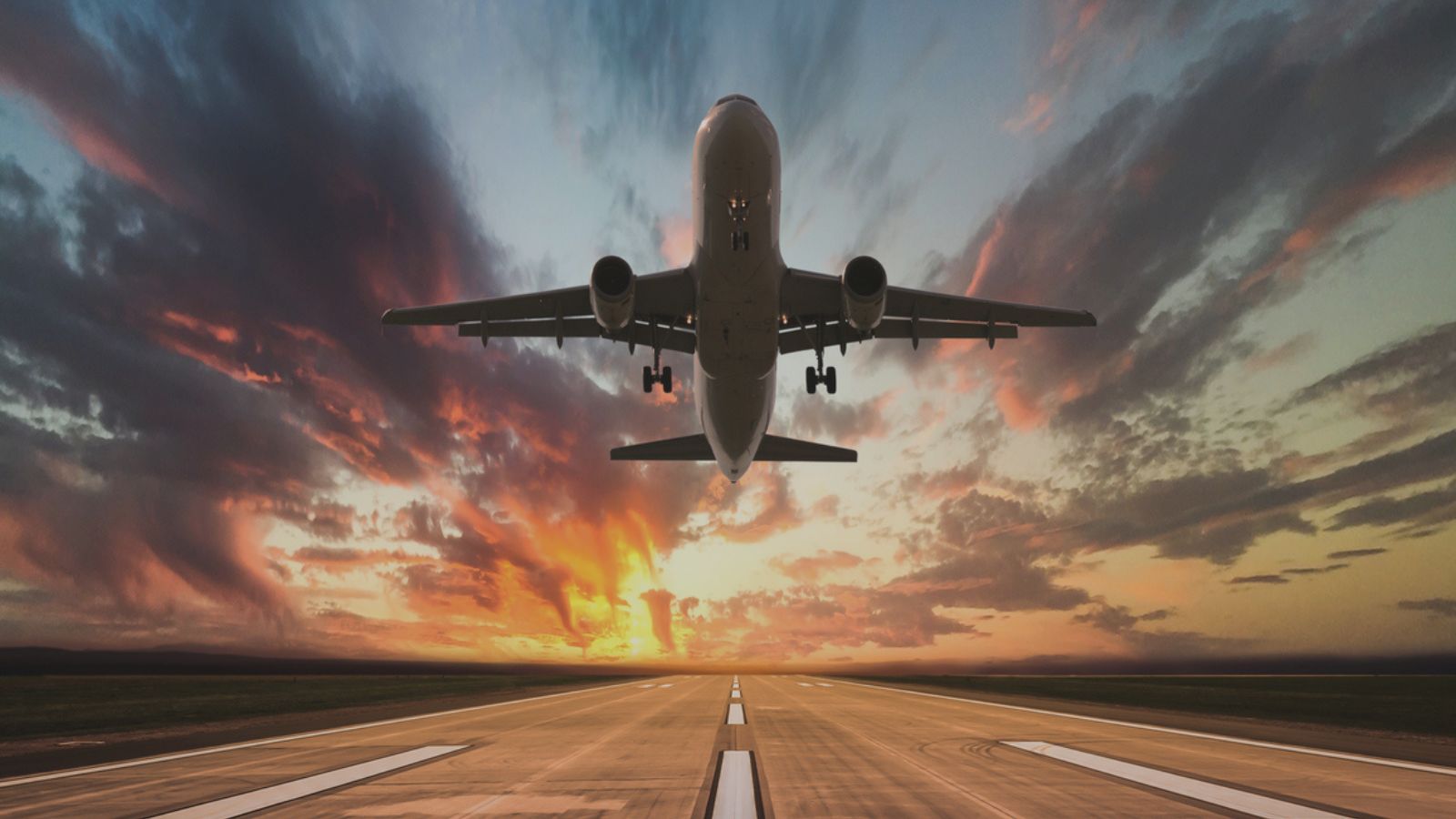
.png)







